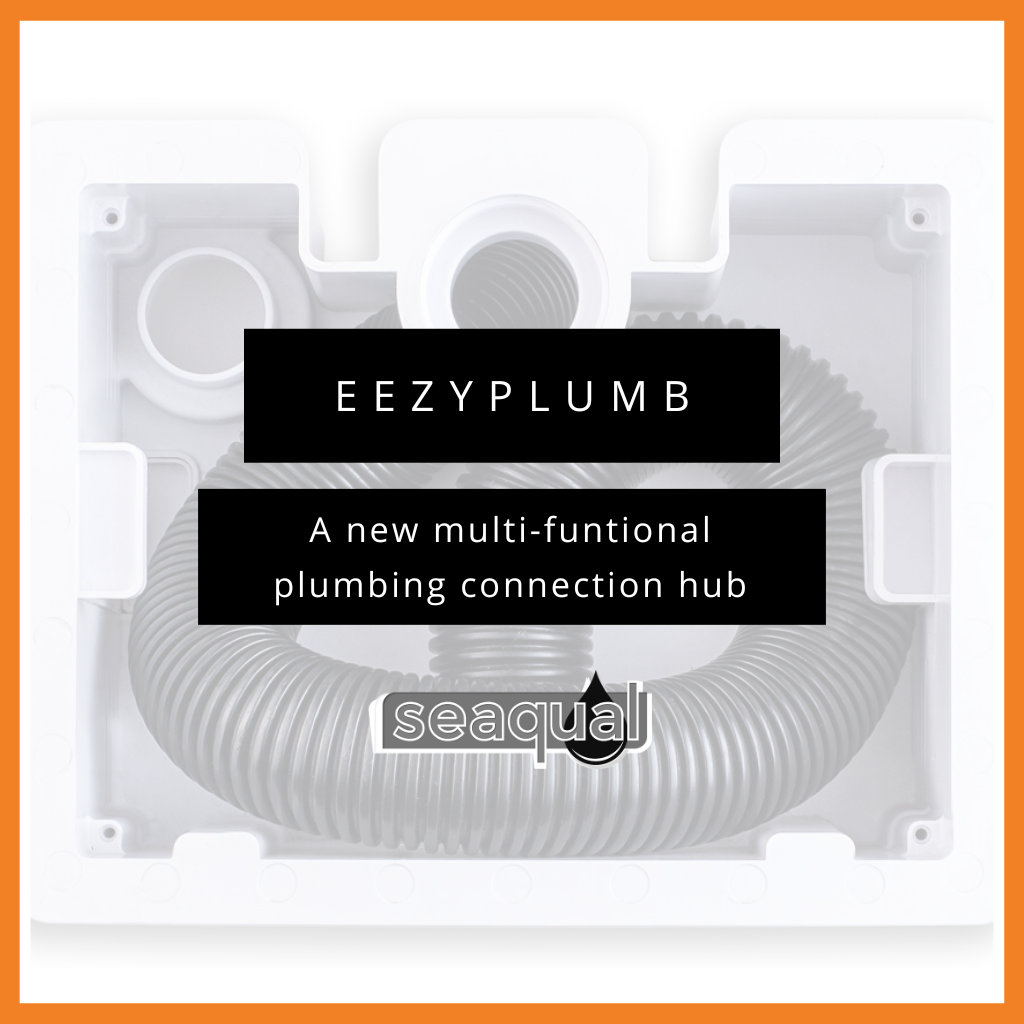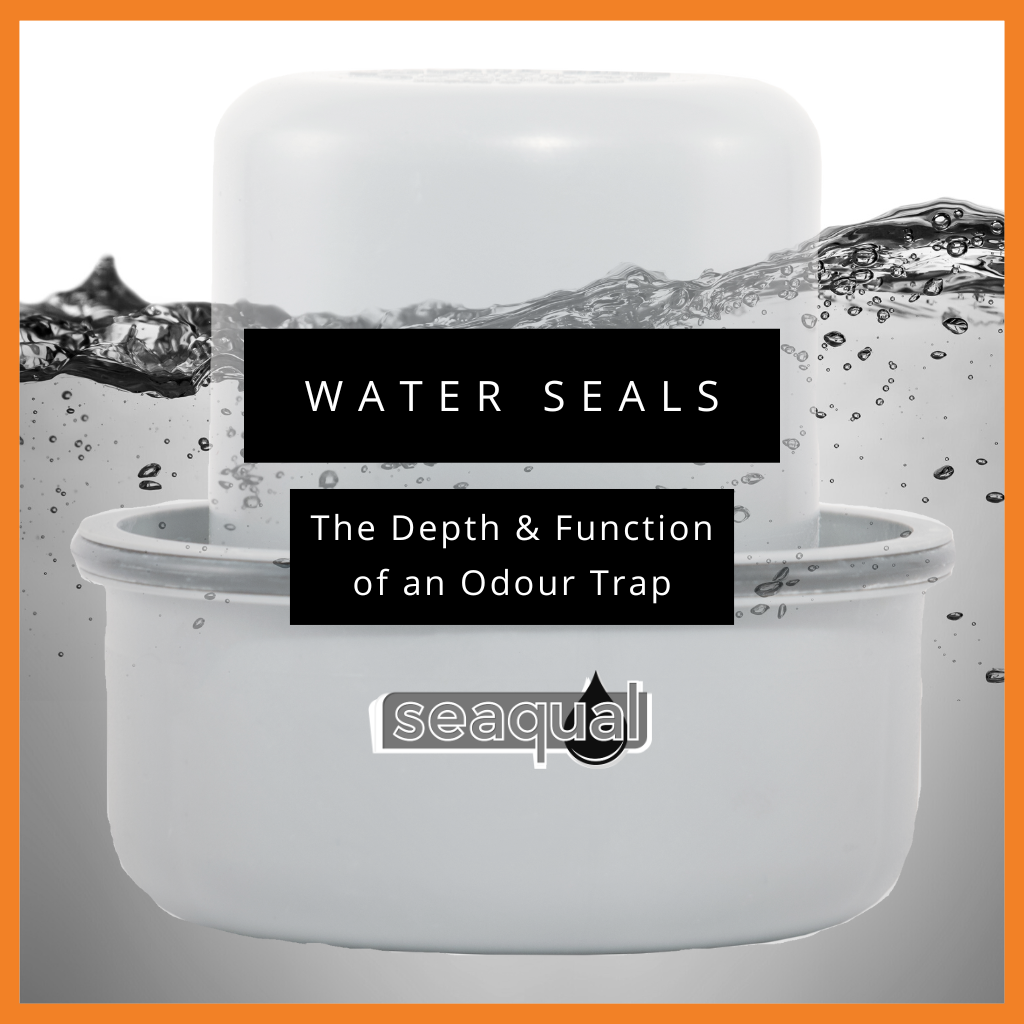
Plumber - Canva image
Plumbers are mainly responsible for the installation and repair of water piping into households and businesses as well as the safe disposal of grey and wastewater out of these establishments into the storm water and sewerage systems. Plumbers also assist with the installation and repair of appliances and fixtures like washing machines, dishwashers, sinks, toilets, baths and showers.
Many professional plumbers begin their careers at a Technical and Vocational Education and Training College (TVET), a private college or through a Artisan Recognition of Prior Learning (ARPL) process. TVET’s offer an array of plumbing courses that range from a few days to a few months and provide students with the basic and fundamental skills they need to become a successful plumber. Such skills include inspection training, safety on site, scaffolding, excavation, drainage systems, electric tool handling and welding to name a few.

Plumber - Canva image
Not all plumbers want to or are able to get a college-level qualification. They may not have the funds or the time-off to complete the required courses. Individuals in this situation have the option to enroll in an apprentice program through a plumbing academy or through an employer. This can be a very attractive option because of the employment scheme. Young plumbing apprentices have the advantage of learning industry skills through on-site training under a qualified or skilled plumber while still earning a modest salary. This is mutually beneficial for the student who needs to learn and the plumber who needs the labor. Apprentice programs require a minimum training period of 3 years (30% theory at a center of your choice and 70% practical on-site).

Plumber & Apprentice - Canva image
The next step in getting fully qualified as a plumber is to take the industry trade test which takes place over 2 days at a trade test center. Students need to pass all practical elements of this exam to become officially qualified. Qualified plumbers must then register with the Plumbing Industry Registration Board (PIRB) which is a professional organisation that is recognised by the South African Qualifications Authority (SAQA).
The main goal of PIRB is to encourage and assist plumbers to practice safe, high-quality and thorough plumbing installations & repairs on-site. Plumbers who register with the PIRB have access to CPD courses, on-going training seminars, webinars, industry news and updates and other helpful learning materials. The PIRB also monitor the performance of plumbers through their certificate of compliance submissions, on-site plumbing inspections, and accumulation of CPD points.

On-site Inspector - Canva
Plumbing is not a profession to be taken lightly. It requires a high level of skill and knowledge. Plumbers at the highest level are known as master plumbers and have many years of experience in the industry. To achieve the title of master plumber, a person must complete an apprenticeship, become a licensed journeyman and then earn their license as a master plumber. It is no small achievement.
Thanks for reading and happy plumbing :)



